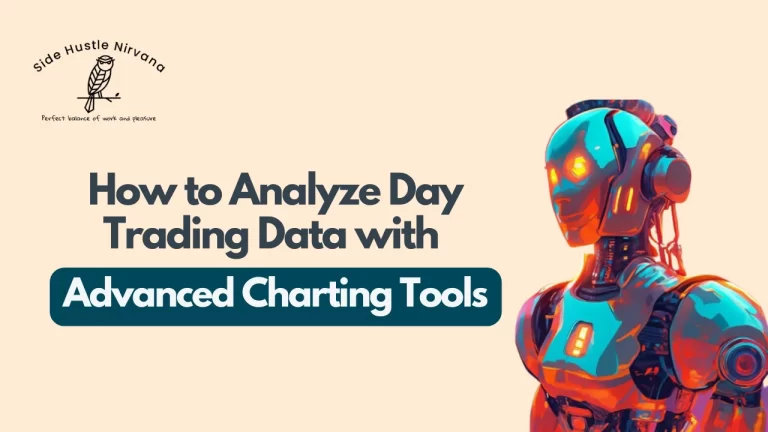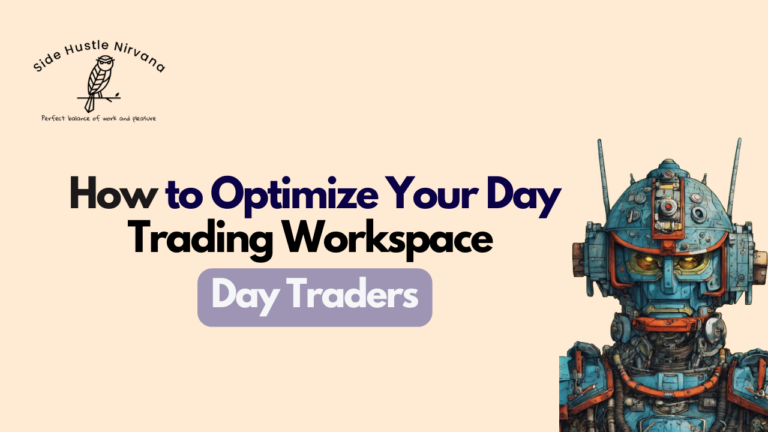How to Choose the Best Trading Platform for Your Day Trading Style
Selecting the ideal trading platform for day trading can significantly impact your success in the fast-paced world of financial markets. With a variety of platforms available, understanding how to align your choice with your personal trading style is crucial. This article will explore essential aspects to consider, from defining your goals to evaluating costs.
Understanding Your Day Trading Style
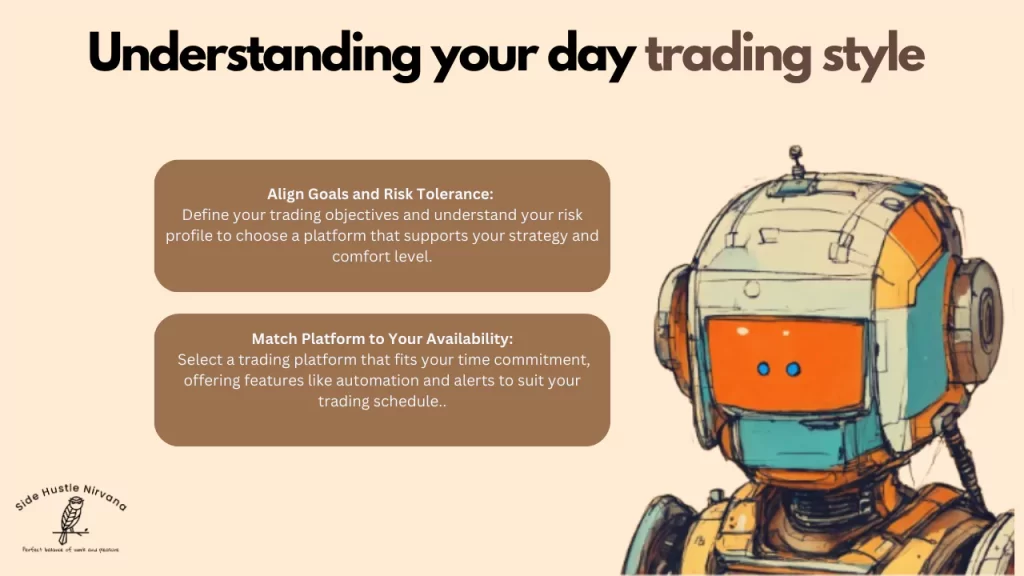
Your day trading style is a personal reflection of your trading goals, risk tolerance, and available time. Understanding these elements will help you make an informed decision about which trading platform suits you best.
Defining Your Trading Goals
Start by outlining what you hope to achieve through day trading. Are you looking for quick profits, or is your aim to specialize in one or more specific stocks? Clear goals will guide your platform selection, as some platforms cater specifically to high-frequency trading, while others may be more suited for strategic investments.
Consider whether you are trading part-time or as a full-time endeavor. If your trading activities align with your long-term financial goals, it will help clarify the specific features you need from a trading platform. Additionally, think about whether you want to diversify your portfolio or focus on a niche market. A well-defined strategy can help you navigate the complexities of day trading more effectively, allowing you to capitalize on opportunities that align with your objectives.
Identifying Your Risk Tolerance
Every trader has a unique risk profile that influences their trading decisions. Understanding your risk tolerance is crucial in selecting the right platform. Platforms that offer advanced analytical tools and risk management features might be particularly beneficial for those with a lower risk threshold.
If you are comfortable with higher risks to achieve greater returns, look for platforms that support high-volume trading and provide access to various markets and assets. Balancing risk with potential rewards is essential for longevity in day trading. Moreover, consider incorporating risk assessment tools that can help you simulate different trading scenarios. This practice can provide valuable insights into how your trading style may perform under various market conditions, ultimately aiding in your decision-making process.
Recognizing Your Time Commitment
Day trading requires significant time and attention, and your platform should accommodate your availability. Assess how many hours you can dedicate to trading and monitor the markets daily. Some platforms offer features tailored for busy traders, such as automated trading or alerts for market movements.
Choosing a platform that fits your lifestyle is essential for maintaining discipline and making informed trading decisions without the stress of constant monitoring. Additionally, consider the importance of setting aside time for research and education. Engaging with trading communities, attending webinars, or reading market analysis can enhance your skills and keep you updated on the latest trends. The more informed you are, the better equipped you will be to make strategic trades that align with your personal trading style.
Key Features of a Good Trading Platform
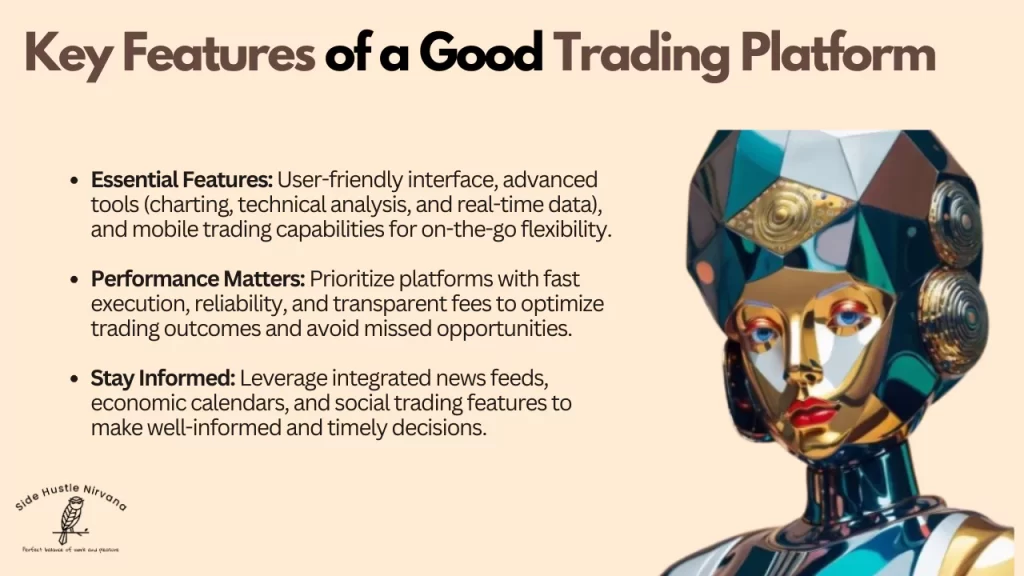
Once you’ve assessed your trading style, you can focus on the key features that a good trading platform should offer. This not only involves user experience but also the tools and functionalities tailored to enhance trading efficiency.
User Interface and Ease of Use
A user-friendly interface can significantly enhance your trading experience. Look for platforms that offer intuitive navigation and customizable layouts that fit your trading style. A clean, well-organized interface makes it easier to execute trades swiftly, which is crucial in day trading.
Take advantage of demo accounts offered by many platforms to test usability. Comfort with the interface can prevent costly mistakes during high-pressure trading scenarios. Moreover, consider the availability of mobile applications that allow you to trade on the go. A responsive mobile platform can be a game-changer, enabling you to react to market changes instantly, regardless of your location.
Available Trading Tools
The best trading platforms equip users with a variety of tools to analyze markets and make informed decisions. Look for functionalities such as advanced charting software, real-time market data, and trade simulations to enhance your analytical abilities.
- Technical Analysis Tools
- Comprehensive Economic Calendars
- Research and Educational Resources
These tools empower you to spot trends, analyze data, and execute trades effectively, which is integral to day trading success. Furthermore, some platforms offer integrated news feeds that provide real-time updates on market events, allowing traders to stay ahead of potential market shifts. The inclusion of social trading features can also be beneficial, as they enable you to follow and learn from experienced traders, gaining insights that could refine your own strategies.
Speed and Reliability
In the realm of day trading, speed can mean the difference between profit and loss. Choose a platform that guarantees lightning-fast trade execution and minimal downtime. Connectivity issues can lead to missed opportunities, so verify the platform’s reliability through user reviews and performance histories.
Additionally, test the platform’s responsiveness in both calm and volatile market conditions to ensure it will meet your needs when the stakes are highest. Look for platforms that offer robust customer support, as having access to assistance during critical trading hours can provide peace of mind. A reliable platform should also have a transparent fee structure, ensuring that you are aware of all costs associated with your trades, which can help you manage your trading budget more effectively.
Evaluating Costs and Fees
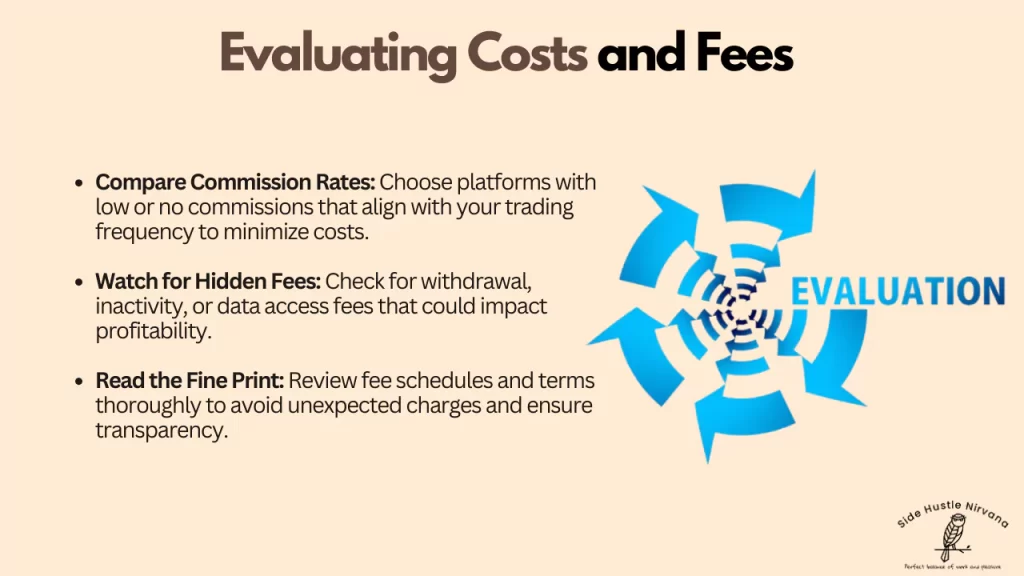
Costs associated with trading can accumulate quickly, making it essential to evaluate commission structures and additional fees before settling on a platform.
Commission Rates
Many platforms offer different commission structures—some charge per trade, while others may have no commissions for certain types of trades. Understanding these rates will help you gauge potential trading costs effectively.
Additionally, consider how these rates align with your trading frequency. High-volume traders may prefer a platform with lower commission rates to save on transactions.
Hidden Fees to Watch Out For
While evaluating costs, be vigilant about hidden fees that may arise. These can include withdrawal fees, inactivity fees, and data access fees. Thoroughly read through the platform’s fee schedule and terms of service to uncover any charges that may affect your overall trading profitability.
Importance of Customer Support
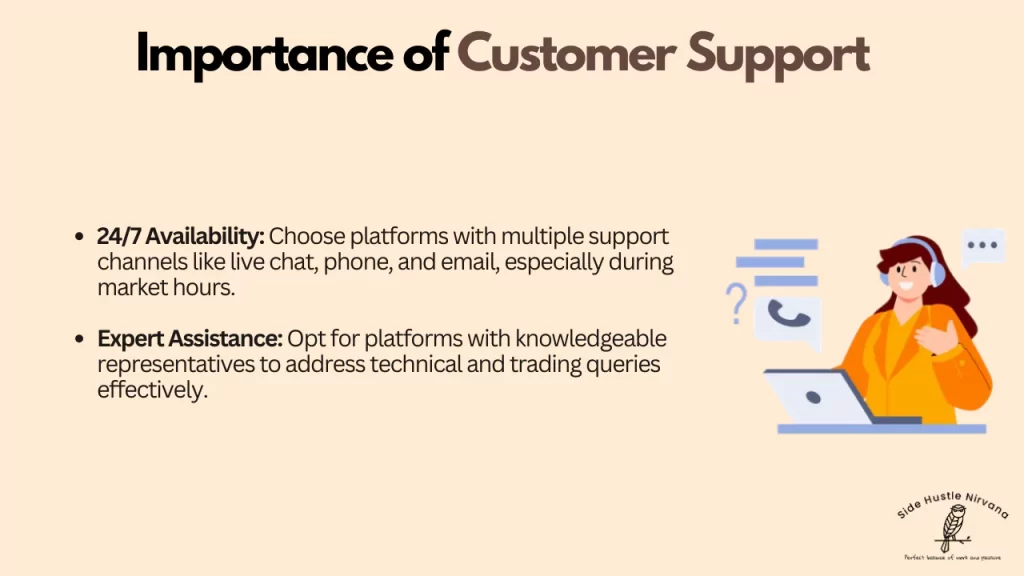
Customer support is another critical aspect when choosing a trading platform. Ensure that you’re selecting a platform known for exceptional customer service, as issues can arise at any time in the dynamic environment of trading.
Availability of Support
Check the availability of customer support channels, including live chat, phone support, and email. Support that operates during market hours can be particularly beneficial, as it ensures assistance when you need it the most.
Quality of Assistance
Not only should support be readily available, but the quality of assistance matters just as much. Look for platforms with knowledgeable representatives who can assist with technical issues and trading inquiries comprehensively. Customer reviews can provide insights into the quality of support offered.
Reviewing Regulatory Compliance
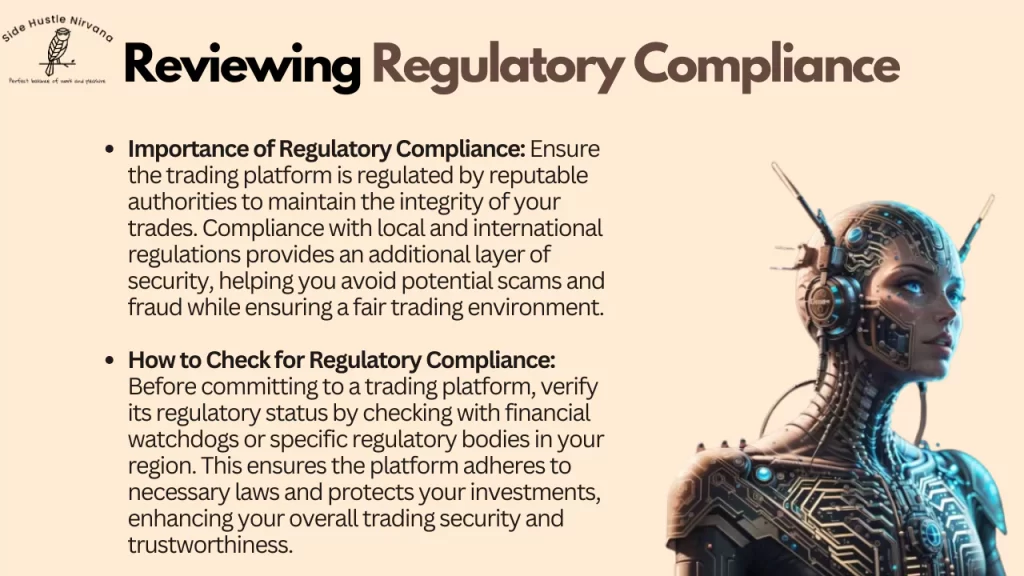
Finally, ensure that the trading platform you choose adheres to relevant regulations. Regulatory compliance is vital for protecting your investments and ensuring a fair trading environment.
Importance of Regulation in Trading
Regulation helps maintain the integrity of trading platforms. Platforms regulated by reputable authorities can provide an additional layer of security and reliability. Consider whether the platform complies with regulations in your country or region.
Checking for Regulatory Compliance
Before committing to a platform, verify its regulatory status by checking with the relevant authorities. This can include financial watchdogs or regulatory bodies specific to your locality. Understanding the platform’s regulatory background can help you avoid scams and enhance your trading security.
By carefully considering these factors, you can choose the best trading platform tailored to your day trading style, ultimately positioning yourself for greater success in the market.






